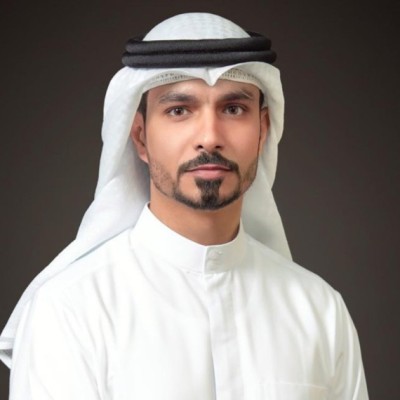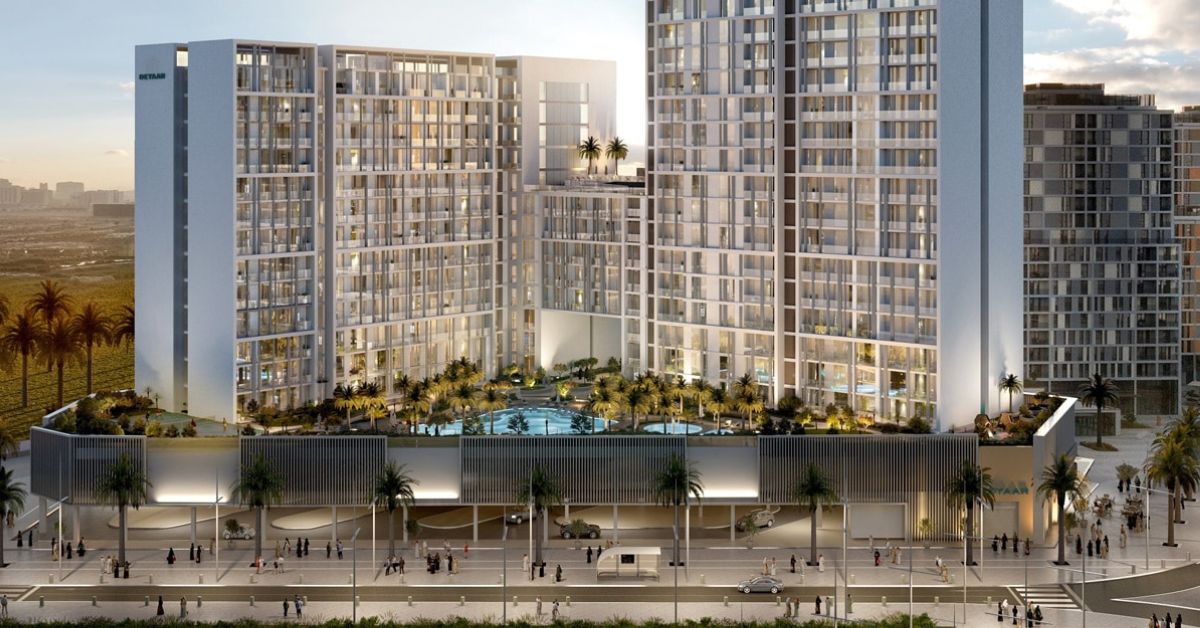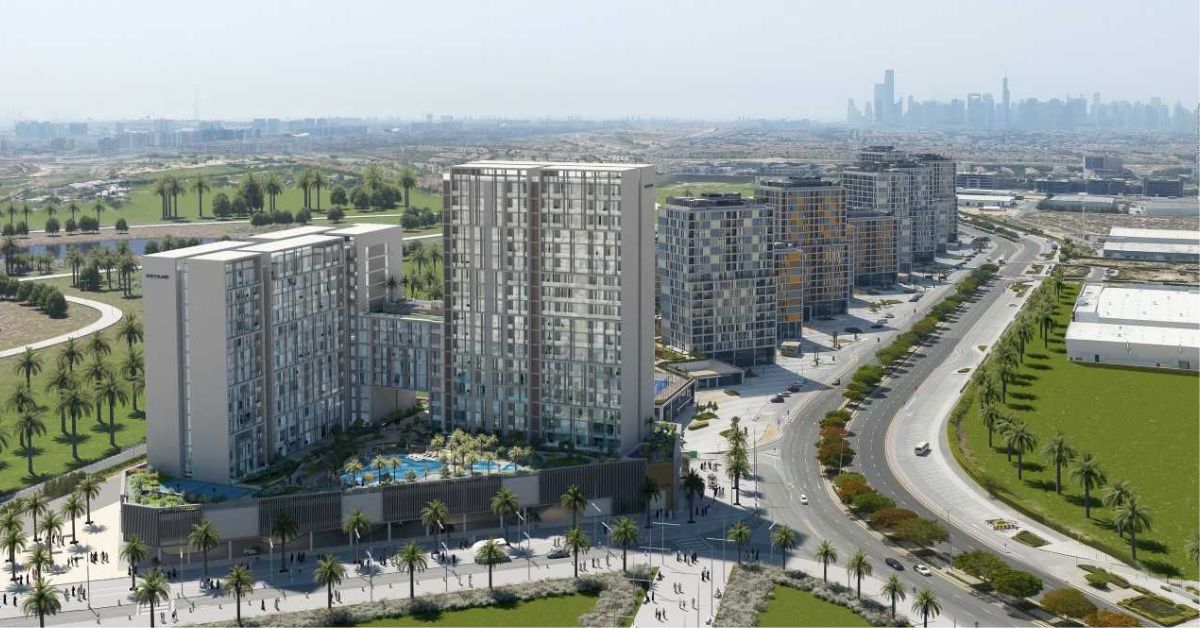DUBAI, UAE — Dubai, with its iconic skyline and luxurious lifestyle, has long been a beacon of modern urban development. Central to this success is its robust property and community management framework, ensuring the city remains a magnet for global investors and residents alike.
As Dubai’s skyline continues to evolve, the importance of efficient property and community management has never been more vital.
Hamdan Al Kaitoob, VP- Head of Property & Community Management at Deyaar Development, sheds light on this dynamic market. “Sales prices have been rising, and the number of transactions has been increasing,” he notes. “As property and community managers, we were able to capitalize on that by increasing the size of our portfolio and occupancies.”
However, the journey hasn’t been without its challenges. Al Kaitoob points to the rapid technological advancements in the real estate sector, saying, “One of the main challenges is keeping up with all of the props, tech, and innovation.”

The COVID-19 pandemic further accelerated these changes, especially in property management. The shift to online platforms for viewing, booking, and leasing properties was swift, demanding adaptability and innovation.
But it wasn’t just the property management sector that felt the pandemic’s impact. The community management industry also underwent significant changes. Regulatory efforts to ensure robust governance were a boon, providing a structured framework in uncertain times.
The pandemic also reshaped consumer preferences. “After COVID, people were constantly looking for larger apartments and attempting to move to villas,” Al Kaitoob explains.
The desire for green spaces and larger living areas became more pronounced, driving up demand for villas and spacious apartments.
“This is currently being implemented in our projects,” Al Kaitoob said.
“We’re attempting to cater to the general trend of people desiring that luxury. I believe the Midtown project provides this because the community has provided them with a different atmosphere,” he said.

Deyaar Development, according to Al Kaitoob, is also attempting to incorporate sustainability initiatives across all its developments. “We’re trying to do our best to ensure that the building runs efficiently, but for now, once the building is up and running, we’re monitoring all of the energy levels to ensure everything is consumed properly. For example, during our monitoring, we discovered that the energy consumed by the building is significantly higher than what is required, so by implementing some of the energy management initiatives, we were able to achieve an 11 percent reduction in electricity and a 5 percent reduction in chilled water charges across Midtown. So, what we’re trying to do is optimize those initiatives as much as possible because it provides a better return for end users and lowers the service charge”.
Midtown by Deyaar is the flagship community developed by the company and is one of the biggest communities they currently manage. The company has recently announced the launch of Jannat, a residential district part of the developer’s flagship community project, Midtown, which is scheduled to be completed by the second quarter of 2026.
The district will comprise a built-up area of 521,400 square feet with two towers connected by a bridge. It is located at the heart of Deyaar’s development in Dubai Production City, offering easy access to major highways, airports, transportation networks, and major areas within Dubai.
The residential towers feature 360 units starting from Dh 560,000. Jannat sits at the head of Midtown’s piazza stretching a kilometer in length, which hosts community parks, open lawns for family and community gatherings, children’s play areas, and curated spaces for relaxing.
The podium-like multi-utility retail boulevard is another integrated zone featuring fashion boutiques, bookshops, convenience stores, pharmacies, supermarkets, restaurants, and cafes – all at close quarters.
“We at Jannat are attempting to offer a more distinctive product because we recognize that the market requires a variety of categories,” Al Kaitoob mentioned, adding that they’re nearly sold out in terms of occupancy.
“The track record also demonstrates that we are offering a good and competitive product within the market, which is why I believe that customers have confidence in us.” Therefore, I believe that when we launched the Janaat, people already knew who we were, what we offered, and what the actual results were. I also believe that the level of service we’re attempting to provide is reflected in how we manage the community and take care of meta. Customers are thus given their trust, and we hope this will continue,” he said.
Deyaar recently reported a 90 percent annual surge in its second-quarter profit as revenue rose amid a boom in the UAE’s real estate sector. According to the company, the net profit for the three months to the end of June climbed to $16.9 million.
As Dubai continues its upward trajectory, companies like Deyaar are ensuring it remains a global city of the future, blending innovation, sustainability, and luxury in equal measure.








